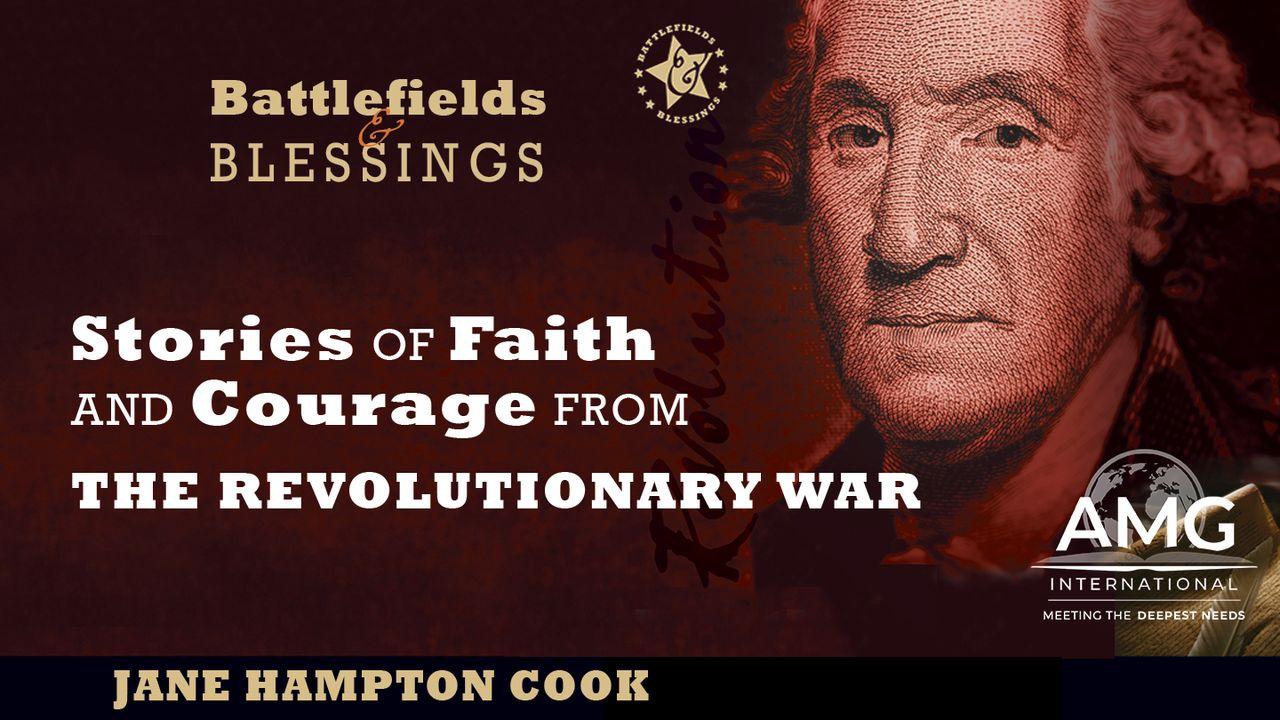Stories of Faith and Courage From the Revolutionary Warنموونە

Radical Jimmy
The letter James Madison received from George Washington thrilled him. The fact Washington agreed with the thirty-six-year-old, bookish Madison was significant. As a delegate to the upcoming Philadelphia Convention, Washington had moved from the battlefield to the debate table. He was the convention’s likeliest president. No one was more aware of Washington’s power than Madison.
“I have been honoured with your letter of the 31 of March, and find with much pleasure that your views of the reform which ought to be pursued by the Convention, give a sanction to those which I have entertained,” Madison wrote Washington on April 15, 1787.
Madison believed the Articles of Confederation had failed. Merely altering the words or “temporising applications” would foment the “malignity of the disease.” He wrote passionately about his desire for a new system: “Radical attempts, although unsuccessful, will at least justify the authors of them.”
Madison had spent most of the Revolution armed with a pen and a philosophy book. A tutor under the great John Witherspoon, this Princeton University graduate returned to his Virginia homestead as the war began. His feeble physique made him unfit for soldiering. But his giant mind found a natural place in Virginia’s state legislature and in the Continental Congress. The Revolution changed Madison by making him into a powerful observer. Identifying the Articles’ failings led him to advocate a radical new government in a detailed plan he shared with Washington before the Philadelphia Convention began.
“Having been lately led to revolve the subject which is to undergo the discussion of the Convention, and formed in my mind some outlines of a new system, I take the liberty of submitting them without apology, to your eye,” Madison told Washington.
Madison explained that giving states individual independence had proved “irreconcilable.” However, “a consolidation of the whole into one simple republic” was unattainable. Madison preferred a compromise. “I have sought for some middle ground, which may at once support a due supremacy of the national authority, and not exclude the local authorities wherever they can be subordinately useful,” he explained.
Madison was well aware that the current system, favored passionately by patriots such as Richard Henry Lee, had failed. Likewise he also believed the other extreme, creating a new monarchy as some wanted, would erase the Revolution.
Although his position was radical, he knew painting a middle ground could not be done with broad strokes. It would require a fine-point brush combining both complexity and simplicity. When James Madison wrote his letter in April 1787, this youth had no idea his pen would lead others into the sunshine of a new day.
PRAYER
Thank You, God, for using the enthusiasm of youth to fulfill Your plans in life. I also praise You for the number of years You have given me.
کتێبی پیرۆز
دەربارەی ئەم پلانە

Consider how God "shed His grace" on the birth of our nation! Featuring inspiring accounts from America's Revolutionary War, this unique devotional highlights the lives of patriots who looked heavenward during the time of conflict. Through Revolution-era letters, diaries, and sermons, plus a Scripture verse and brief prayer, each day's selection explores a timeless theme such as loneliness, contentment, fear, and God's will.
More
پلانە پەیوەستەکان

Uncharted - Navigating the Unknown With a Trusted God

Hard Fought Hallelujah: A 7-Day Study to Finding Faith in the Fight

Talking to God: A Guilt Free Guide to Prayer

Trusting God in the Unexpected

I Don't Even Like Women

How Jesus Changed Everything

Filled, Flourishing and Forward

Living by Faith: A Study Into Romans

The Wonder of Grace | Devotional for Adults
